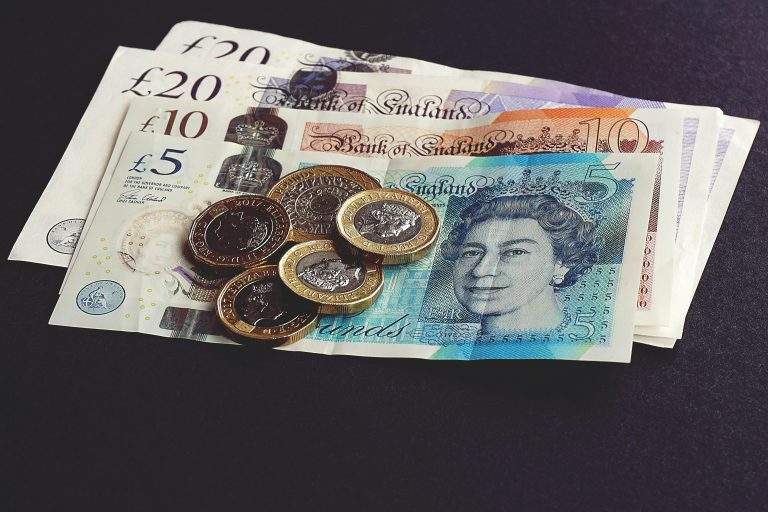The market for electric vehicles (EVs) is no longer seen as a luxury good fit only for affluent consumers. EV manufacturers have introduced reasonably priced models for 2026 that offer exceptional performance, cutting-edge technology, and opulent features without breaking the bank. This post will highlight the best electric vehicles that offer the most value this year, regardless of whether you’re new to EVs or intend to upgrade.
Why Affordable EVs Matter in 2026
The market for electric vehicles is expanding quickly. In 2026, makers of electric vehicles will be concerned not just with the vehicle’s speed and range but also with making it affordable and pleasant. Competition and incentive programs are eliminating the obstacles of higher prices and fewer features in important areas.
Today’s affordable EVs offer:
- Competitive electric range
- Advanced driver-assistance systems
- Modern infotainment and connectivity
- Practical interior space
- Strong warranty coverage
These attributes make them attractive to commuters, urban drivers, families, and mainstream consumers.
Top Affordable Electric Cars 2026
The most alluring EVs in 2026 that offer excellent characteristics at competitive prices are as follows:
1. Chevrolet Bolt EUV (2026 Refresh) – Value with Tech
In 2026, the updated Chevrolet Bolt EUV is still among the most appealing and reasonably priced EVs, offering a solid mix of roominess, range, and technologies often found in more expensive cars.
Highlights:
- Around 247–255 miles of EPA range
- Spacious interior and cargo area
- Large touchscreen infotainment
- Super Cruise hands-free driving on compatible highways
Customers who desire everyday utility along with high-end features often found in more expensive EVs may find this model appealing.
2. Hyundai Kona Electric (2026 Facelift) – Everyday Tech Champion
The updated appearance, technological advancements, and remarkable range for the price make the Hyundai Kona Electric stand out. It blends practical efficiency with well-known high-end features.
Why It’s Special:
- Around 260 miles of range
- Strong fast-charging capability
- Sleek modern interior
- Advanced driver-assist systems
The Kona is ideal for buyers seeking a compact EV that feels premium on both the exterior and inside.
3. Kia Niro EV (2026 Redesign) – Premium Comfort & Features
The revised Niro EV from Kia is a powerful all-arounder. It offers features that feel high-end for the market while maintaining competitive rates.
Key Benefits:
- Around 253 miles of range
- Optional panoramic sunroof
- Heated and ventilated seats
- Premium audio system
- Remote control via dedicated app
This combination makes the Niro a smart pick for families and tech-savvy drivers.
4. Tesla Model 2 (2026 Launch) – Compact, Connected, Efficient
The Tesla vehicle 2, also referred to as the 2026 tiny Tesla vehicle, is one of the most eagerly awaited reasonably priced EVs. It promises to offer many of the features that Tesla enthusiasts adore at a reasonable price.
Standout Features:
- Around 240–250 miles of range
- Tesla’s Supercharger network access
- Large central touchscreen
- Frequent over-the-air software upgrades
For people who value technology, the Model 2 has an advantage thanks to Tesla’s ecosystem and connectivity options.
5. BYD Seagull – Silent Champion from China
The BYD Seagull has drawn attention from all over the world for fusing cutting-edge EV technology with incredibly low prices. As China-based EVs continue to make their way into foreign markets in 2026, it is particularly noteworthy.
What Makes It Great:
- Around 252 miles of range
- Rotating touchscreen compatible with Apple CarPlay and Android Auto
- Safety feature like automatic braking and lane assist
- Strong battery warranty
For urban drivers and those who want a smart entry into EV ownership, the Seagull delivers impressive value.
Features That Make Affordable EVs Feel Premium
Affordable EVs in 2026 don’t skimp on quality. Today’s entry-level models often include:
Advanced Safety Tech
Standard safety systems like lane-keeping assist, automatic emergency braking, and adaptive cruise control are common even in lower trims.
Fast Charging
Many budget EVs support DC fast charging, allowing quick top-ups on longer trips—a key premium feel driver convenience.
Modern Infotainment
Large touchscreens, wireless smartphone connectivity, premium sound systems, and over-the-air software updates enhance the user experience.
Warranty & Support
Long battery and powertrain warranties (often 8-year/100,000-mile) give buyers peace of mind.
Pricing & Incentives
Additionally, some of these models are eligible for government incentives like tax credits, which can reduce the total cost. Certain EVs can have extremely low prices thanks to subsidies; in some areas, they can even cost less than $30,000. America.
But in 2026, electric vehicles will be genuinely affordable without sacrificing high-end features. There will be an electric vehicle in 2026 that suits your needs, regardless of whether you’re a tech enthusiast or a frugal buyer, and the majority will go above and beyond your budget.










